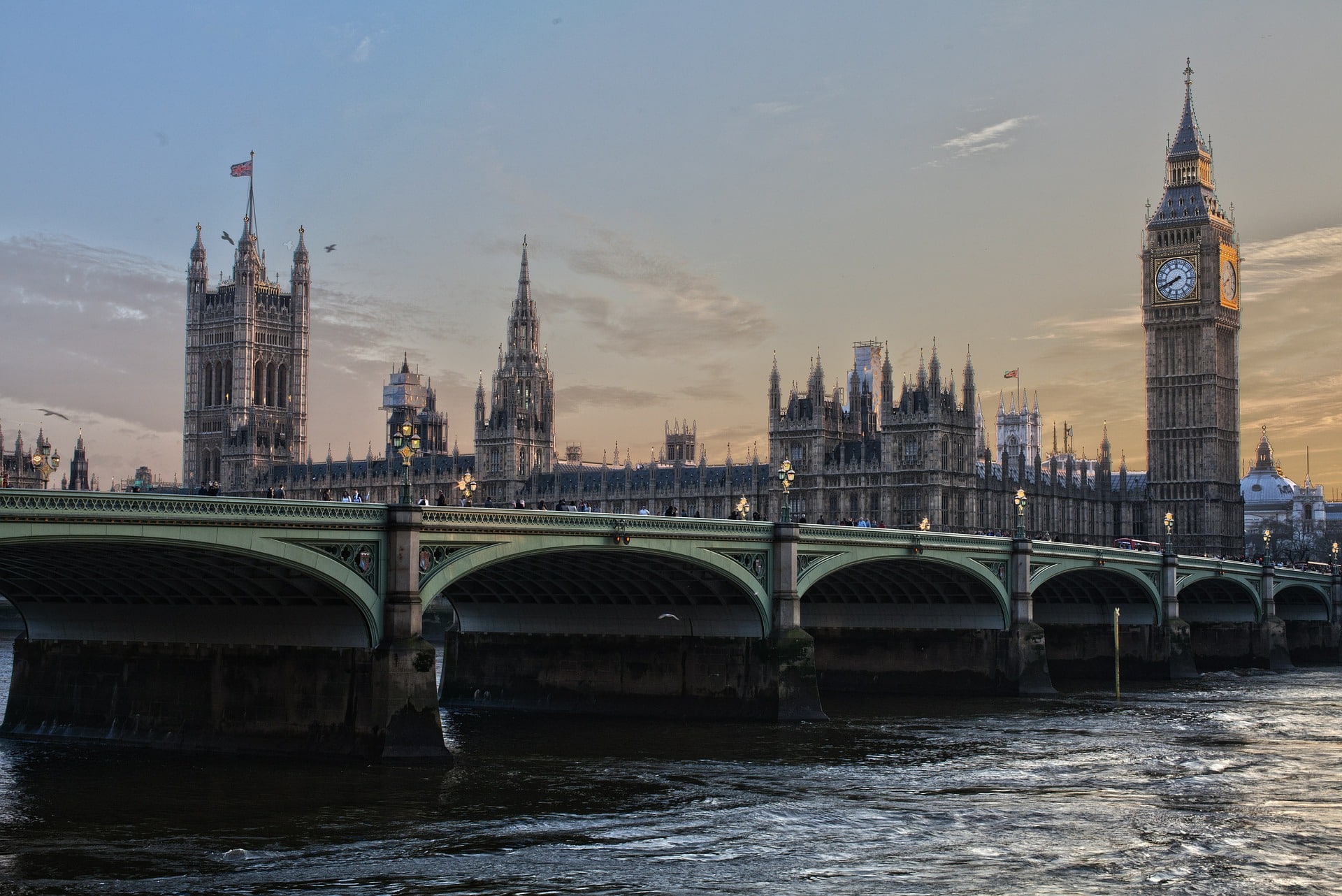The Environment Agency has updated its Resource Frameworks guidance, which will affect digestate management from…

What a hung Parliament means for AD
Just when you thought British politics couldn't throw up any more surprises, last night's general election results have blown everything right open again.
The last opinion polls published on Thursday suggested a range of possible outcomes, from a hung Parliament to a hugely increased Conservative majority, but the general consensus was that Theresa May would increase her majority, strengthening her position in the House of Commons and in the upcoming Brexit negotiations (which, by the way, are due to start in just a matter of weeks).
Given the new make-up of the Commons, the most likely outcome in terms of a government being formed is now a Conservative minority government supported on a 'confidence and supply' basis by the Northern Irish Democratic Unionist Party, who have tended to support the Conservatives on most of the legislation they've passed since the 2015 general election. So what does a minority Conservative government mean for AD?
Before the election, we analysed the Conservative, Labour, and Lib Dem manifestos to see what they offered the AD industry. These were the principal conclusions we drew from the Conservative manifesto:
- We welcomed the continued commitment to the Paris Climate Change Agreement and 2050 carbon targets (which are even more important now given the US withdrawal from the Agreement)
- The commitment to a diverse market of energy provision was positive, though the focus on shale gas was concerning
- There was no concrete action to boost recycling rates, meaning that recyclable non-edible food waste will continue to go to landfill.
One positive is that there's no real danger of the Conservatives moving away from their commitments to the Paris Agreement and long-term decarbonisaton given the cross-party support for both within Parliament – the election of a significant number of UKIP MPs would've been the only real threat to this. The Conservatives might also move away from overt support for fracking given that almost all opposition parties oppose it – passing legislation on this would now be even more difficult than it was before the election. The flip side of this is that the Government's weakened position means it is likely to find it more difficult to pass any kind of legislation, which may be harmful to the UK AD industry in the case of legislation that we support.
In the short term, the number one priority for the AD industry is for legislation to be passed on the Renewable Heat Incentive to enable new biogas and biomethane plants to be built. This legislation was due to be passed in May until the general election got in the way, and one effect of a hung Parliament is that the prospects of it being passed in the next few weeks before the summer recess are even less likely. We are aware of 13 biomethane projects in development that are now waiting for the RHI legislation to be passed in order to receive their tariff guarantee and start construction – if each of these projects was an investment of £8m, the 13 projects would amount to investments totalling £100m being delayed.
There's no real effect on the Feed-In Tariff, but we may well see further delays to the Government passing its Clean Growth Plan – while most opposing parties support efforts to decarbonise the economy, the prospect of them voting against government legislation such as this to undermine the Conservatives' fragile position (rather than because they oppose the legislation itself) is very real.
Before the election, ADBA called for three policies for all parties to include in their manifestos:
- Re-introduce the legislation on the Renewable Heat Incentive (RHI) as soon as possible in the next parliament, and commit to increasing the RHI budget so we can continue to produce clean, green energy and useful products like biofertiliser.
- Commit to legislation introducing separate food waste collections in England, to divert waste away from landfill, helping meet our carbon commitments.
- Support UK farmers by restoring viable tariffs to the Feed-in Tariff (FIT) scheme and remove the AD capacity cap.
These remain our policy priorities, and we will be getting to work straight away with our members and other partners to push the new Government, whatever form it takes, to implement them. We'll also be discussing what the general election result means for AD at UK AD & Biogas and World Biogas Expo 2017, taking place on 5-6 July at the NEC in Birmingham. Tickets are still available, so don't hesitate to book your place for what will be the #1 global tradeshow for biogas.
If you have any questions about ADBA's PR and Parliamentary engagement work, don't hesitate to get in touch with me on 020 3176 5441 or at chris.noyce@adbioresources.org.



